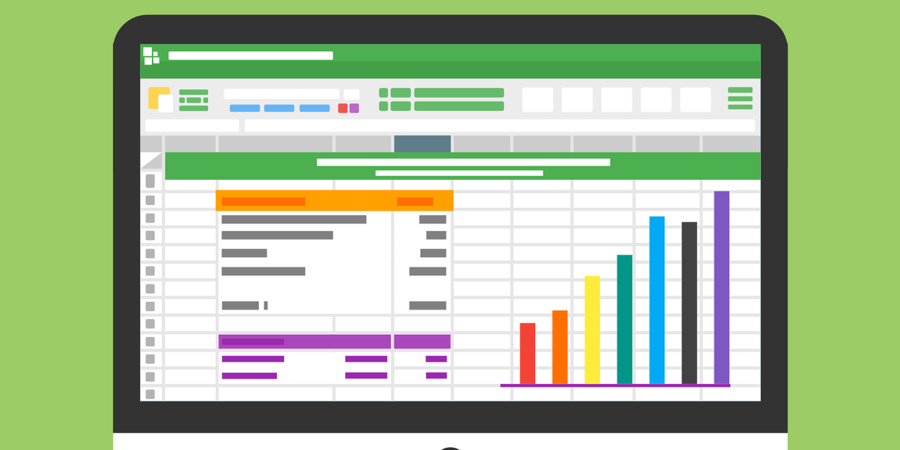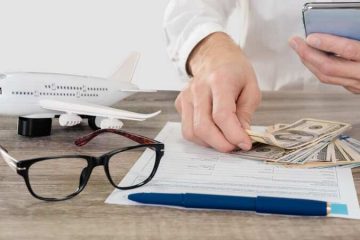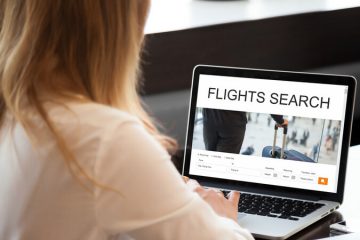Everyone knows and appreciates the value of data in the age of digital technologies. Organizations leverage data to analyze trends and design strategies for the future. With comprehensive data, they can find new opportunities, assess business policies, and project business trends. Companies can implement corrective measures by evaluating policies whenever necessary. Though there is remarkable growth in adopting digital technologies in business travel, most companies cannot leverage the data to make informed decisions. In such cases, travel managers should access the relevant data and use comprehensive business travel analytics to prepare future investment plans to enhance the ROI for business travel.
What is business travel analytics?

Business travel analytics integrate practices, technology, and skills to collect, organize, and analyze the travel data of an enterprise. It aims to achieve meaningful insights into the travel trends of the organization for enhancing business travel policy.
The following are a few aspects of business travel analytics:
- Business travel data collection and processing
- Discover trends and patterns through the data analysis
- Arrive at decisions to optimize business travel
Companies should leverage diverse analytical practices to gain insights and optimize the business travel program. The process should involve an analysis of key performance indicators to discover cost leaks and find opportunities for better cost efficiency of the business travel program.
Types of business travel analytics
Business travel can be analyzed in many ways. The use of analytics helps travel managers derive travel data and provide the best solutions for the employee’s business travel needs.
1. Descriptive travel analytics
Using simple formats to present historical and current travel data is the basis of descriptive analytics. You may use spreadsheets, descriptive stats, or data visualization to perform descriptive analytics. It is the most basic form of business travel data analytics. Travel managers get information about past and present trends across departments and employee levels through descriptive analytics. There is inadequate information to know the reasons and arrive at a specific course of action.
2. Diagnostic travel analytics
Diagnostic travel analytics help find the reason behind the travel trends in descriptive analytics. It enables you to discover how some factors impact business travel performance. It establishes the cause for higher spending in a department by establishing a relationship between spending levels and policy deviations. This type require data mining and correlations to reveal a cause-effect association.
3. Predictive travel analytics
The complexity of data demands the use of advanced data analytics, such as predictive analytics, to arrive at actionable decisions. The type leverages ML and deep learning algorithms to identify patterns to predict future trends. It is helpful for travel policy optimization, as one can arrive at a concrete strategy to improve policy compliance through a better travel experience.
Why do you need business travel analytics?

Business travel analytics play a crucial role in travel policy optimization. These are a few reasons to adopt business analytics in corporate travel.
- Travel policy compliance: Violations of travel policy result in overspending. Travel managers can access booking data and detect trends of policy violations to take corrective actions.
- Cost savings: Diagnostic travel analytics help identify the reasons behind trip cancellations and last-minute bookings that cause an increase in travel costs.
- Practical budgeting: Data-based decisions improve policy compliance and enhance the accuracy of forecasts. Better policy compliance assures better ROI.
- Employee satisfaction: Predictive travel analytics provide insights into employee preferences. Access to travel booking data and constant tracking of booking patterns help travel managers create lists of individual employee preferences and increase satisfaction.
- Preferred vendor lists: Business travel analytics provide deeper insights into vendors offering maximum discounts. It helps travel managers create an inventory of preferred vendors to boost cost efficiency.
How to use business travel analytics?
Optimization of travel policy is the most prominent advantage of business travel analytics. Access to SaaS-based travel management platforms like Paxes enables optimum utilization of data analytics. The automated travel management solutions provide the following benefits:
- Access to custom reports to generate relevant travel and expense data
- A centralized dashboard to generate a summary of data metrics for specific periods
- Real-time BI reporting dashboard to access in-depth spend analysis and computation of ROI
Suggested Read: A Guide To Prevent And Detect Business Travel Expense Frauds
Conclusion
Business travel is a rich data resource if your organization uses an advanced travel management platform like Paxes. The vast data helps companies make effective decisions involving travel preferences and future spending. Business travel analytics are crucial to improve travel policy compliance.
Business Travel Analytics FAQs
What is the process of business travel analytics?
The process involves collecting, organizing, and transforming travel data into meaningful insights for making data-driven decisions to optimize travel policy.
What tools help gain insights from data?
Data collection, data visualization, data mining, and forecasting simulation are a few tools for gaining insights from data.
How does an organization benefit from business analytics?
Business analytics help organizations discover trends and patterns for monitoring Key Performance Indicators. Organizations can make data-driven decisions by using insights.
How are the three components of data analytics helpful in a business setup?
The three types are descriptive, predictive, and prescriptive analytics. These improve the decision-making process by enabling information about what already happened besides what may happen and what should happen.
What is business travel analytics?
Business travel analytics integrate technology, skills, and practices to collect, organize, and assess travel data.



